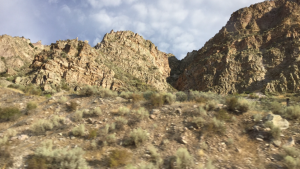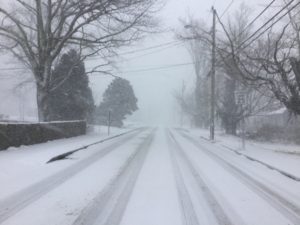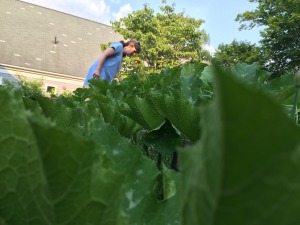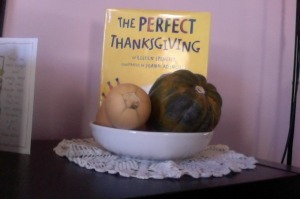Reading: John 8: 31b-32
If you continue in my word, you are truly my disciples; and you will know the truth, and the truth will make you free. (NRSV)
The truth will set you free.
But not until it is finished with you.
David Foster Wallace
(Daily Peace, Washington, D.C.: The National Geographic Society, 2015, Feb. 15 quote)
David Foster Wallace was brilliant, productive, and curious. He looked into the world, seeking its core and its cohesion: seeking its truth both in the physical sense and in a more societal and communal sense. Suffering from depression for many years, he hanged himself in 2008. He was 46 years old.
I think he’s right – the truth won’t set anyone free until it’s finished with him or her. No one seeking truth comes back unchanged because truth opens eyes and challenges the boundaries of personal and communal understanding and knowledge. It tears apart the partial to replace it with something larger, then tears it apart again in a never-ending process of expansion. For some of us, this is the adventure of a lifetime; for some of us, it is endless striving without relief. In the process, the reality of self emerges just as surely as the nature of the world does – in glimpses, flashes of insight, and hard won understanding. The truth of this whole process will set you free, indeed.
As much as David Foster Wallace was right, his quote is only partially right. The truth as an outer reality or as an inner reality is only part of the story, just as the truth shall set you free is only part of a larger sentence. If you continue in my word, you are truly my disciples is the proviso almost always left out. Something critical is lost when the second part is removed from the relationship of seekers to God-With-Us/Jesus. It is perilous to the soul if truth is understood as a solo pursuit, or even as a communal effort, if it isn’t attached to another truth: God seeks us. The truth, or the Truth, isn’t a disconnected reality: it’s the gift of a creator who loves each living thing, each single thing from sub-atomic particle to universe. No one is alone, everyone is loved, and the truth frees us to live with the consequences of this infinite belonging. When truth opens our eyes and reveals us for who we are, we can see it as blessing only in the embrace of the God who created us, seeks us always, and holds us fast. Without knowing how infinitely precious and loved we are, how could we endure our infinitesimally brief existences?
Gracious God, hold my hand and set me free. Amen.
For more reading on this subject:
Heschel, Abraham Joshua; Man is not Alone: A Philosophy of Religion (New York: Farrar, Straus, and Giroux, 1951
Heschel, Abraham Joshua; God in Search of Man: A Philosophy of Judaism (New York: Farrar, Straus, and Giroux, 1955)








